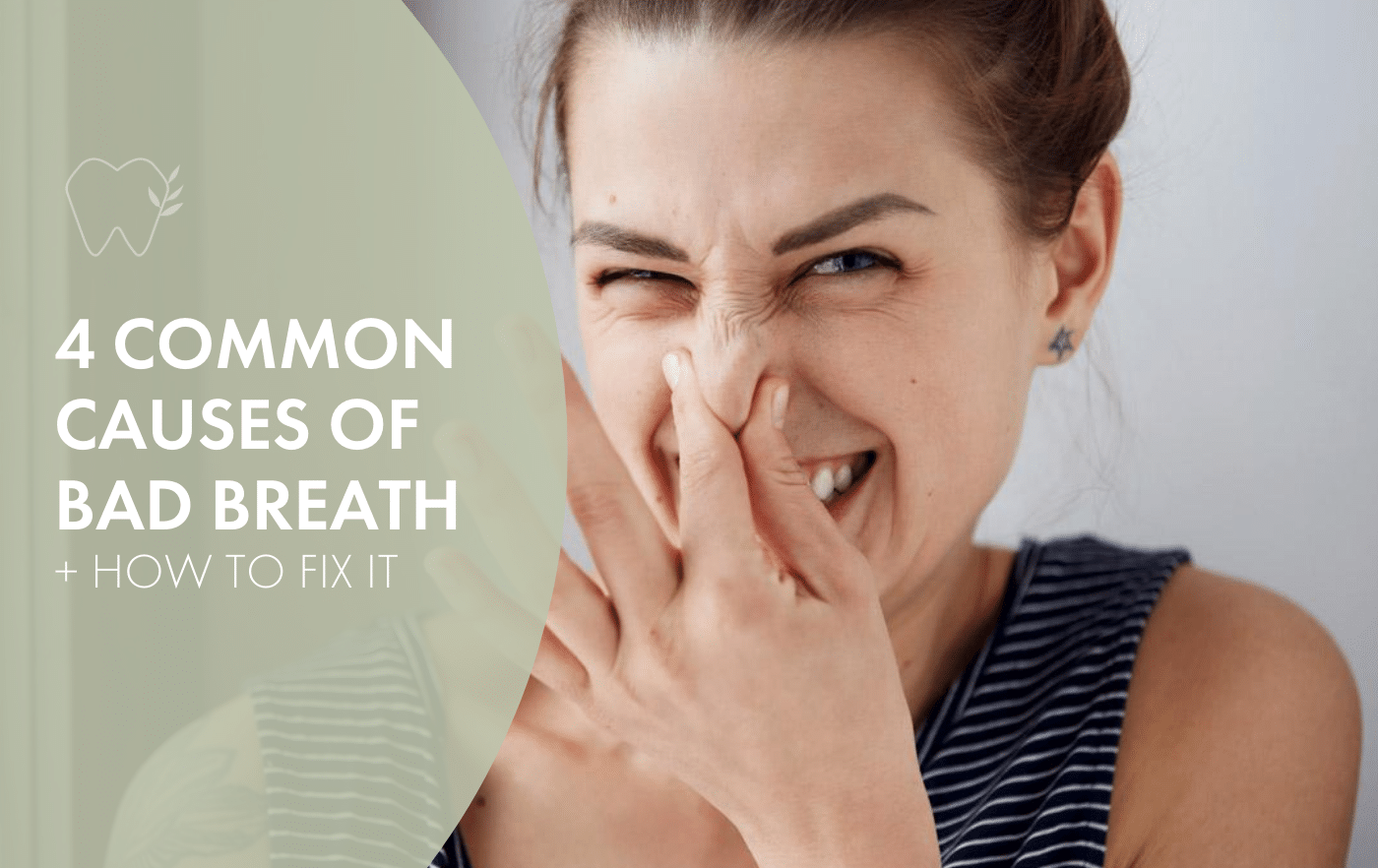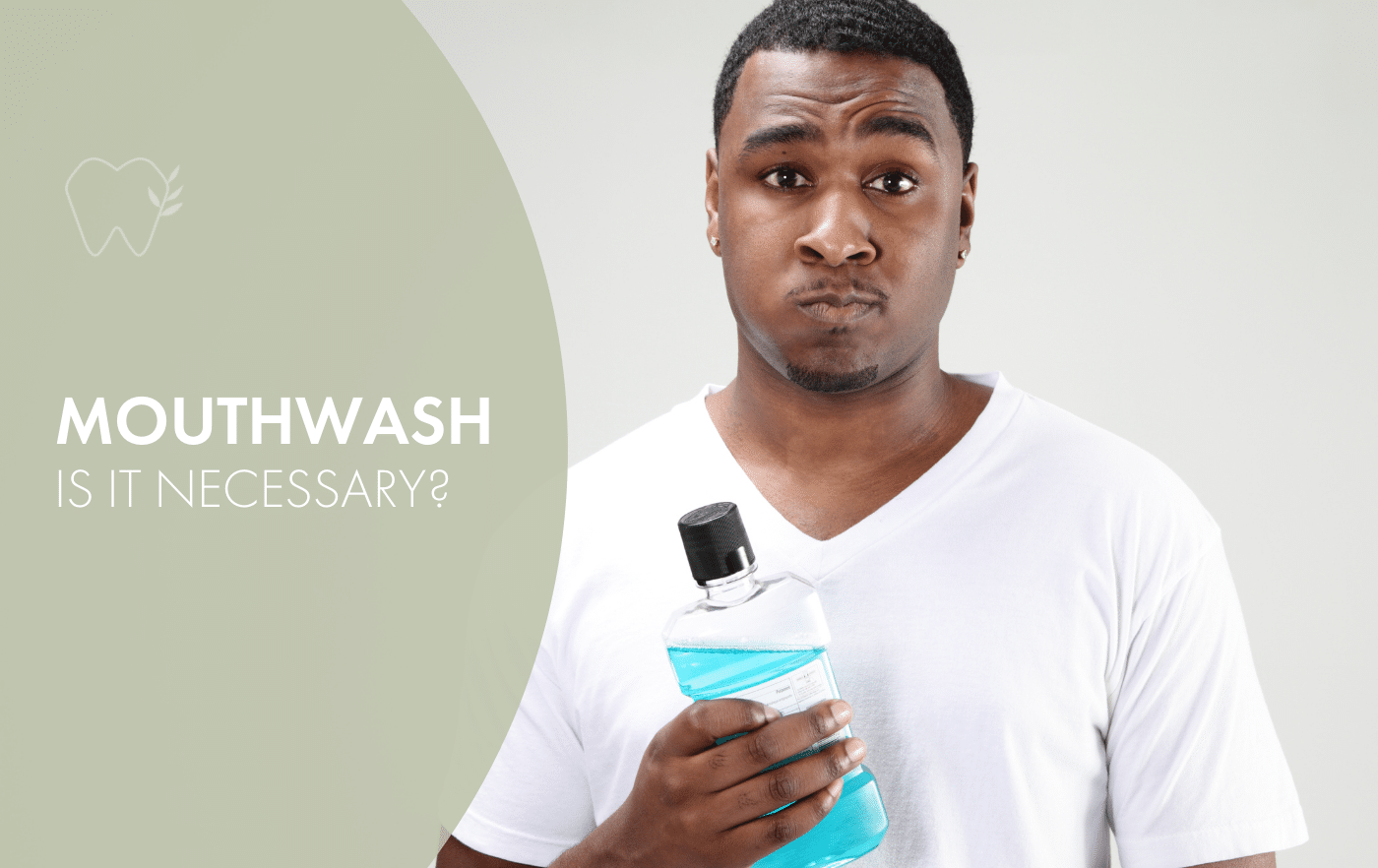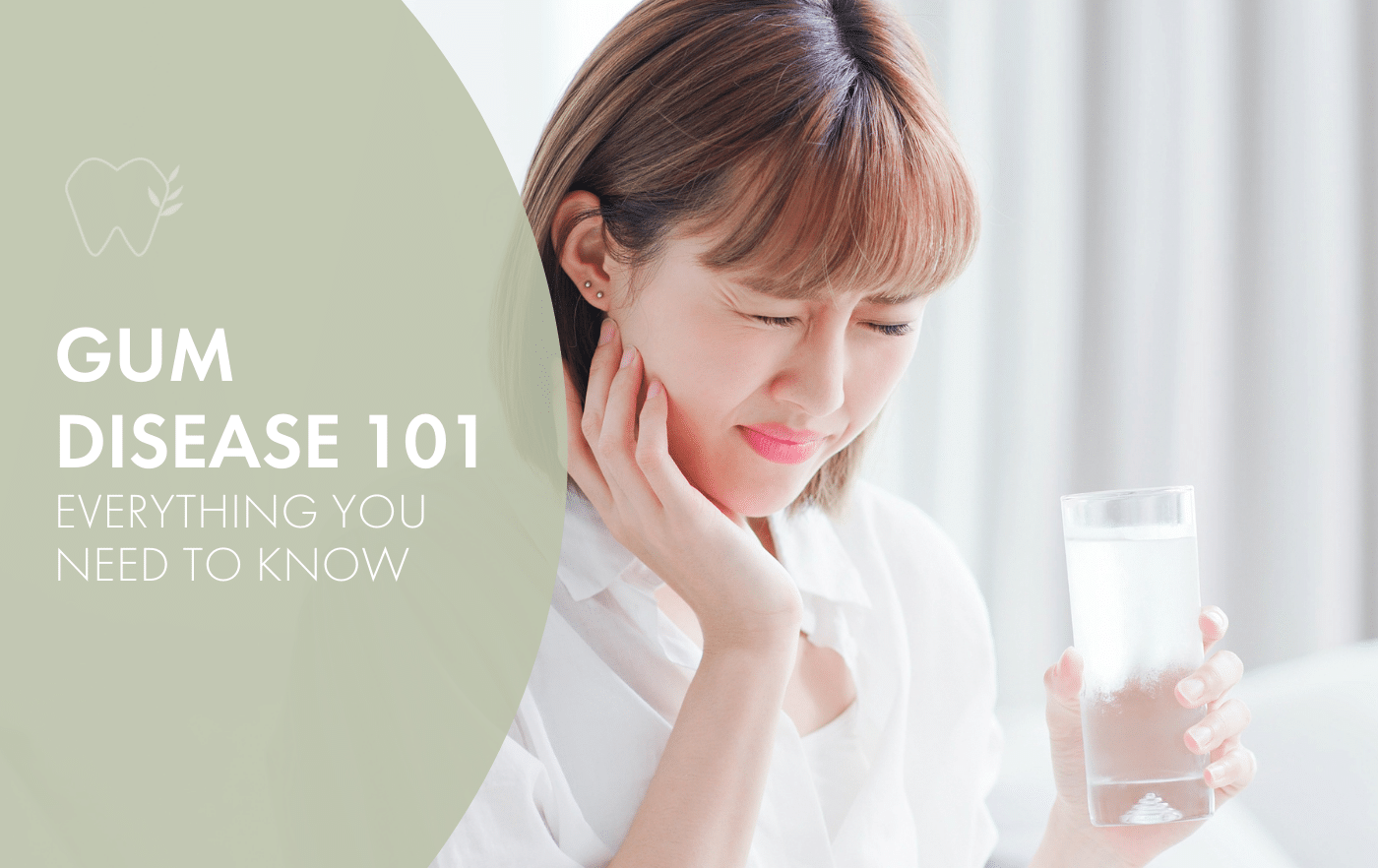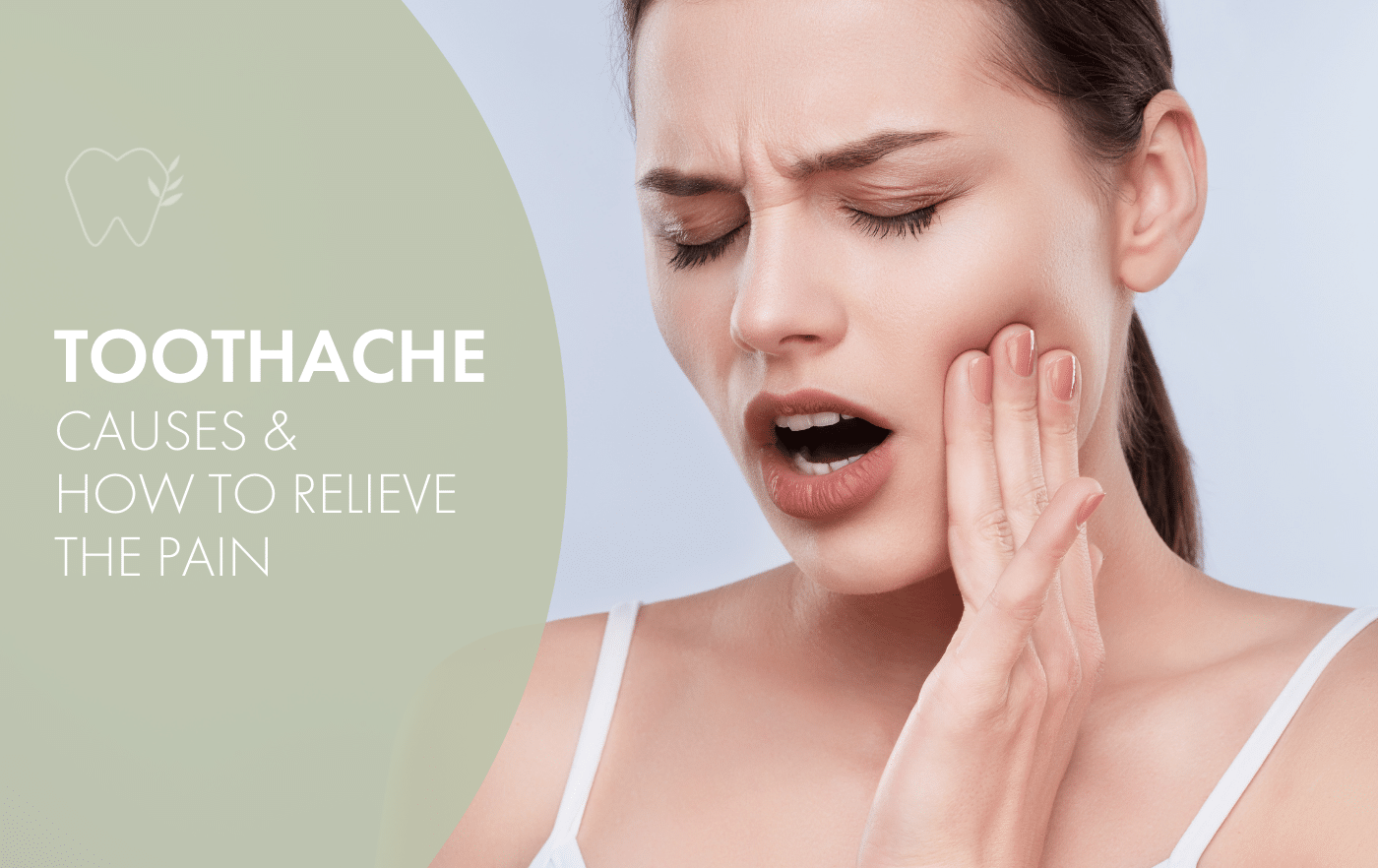
4 Common Causes of Bad Breath (And How to Stop Bad Breath In Its Tracks)
It’s one thing to wake up with a touch of morning breath, but when you struggle with chronic bad breath, it can have a signifiant impact on your quality of life. Bad breath, or halitosis, can make you feel embarrassed to speak up in groups of people and lead to social isolation. Solutions like breath mints or mouth wash provide temporary relief but do little to address the root causes of your bad breath. To stop bad breath in its tracks, it’s first necessary to understand what causes it. Once you know the cause, you can work on a solution. Let’s examine some of the most common causes of halitosis and what you can do to stop them.
Poor Oral Hygiene
If you forget to brush your teeth in the morning, you can bet on bad breath following you throughout the day, and popping in a piece of gum isn’t going to fix it. A strong oral hygiene regimen is the first step to improving chronic bad breath.
Luckily, it only takes a few minutes in the mornings and the evenings to brush and floss your teeth. If you’re out of the habit of brushing and flossing regularly, try setting an alarm on your phone to remind you. To really help with bad breath, remember to:
- Brush each tooth individually using small circular motions
- Floss between the teeth, scraping the sides of each tooth to get the plaque
- Scrape your tongue and the roof of your mouth to rid them of bacteria
Food Choices
The food you eat can also have an impact on your breath. Some of the worst foods for your breath include:
- Garlic
- Onions
- Coffee
- Processed Foods
- Refined Sugars
Of course, that doesn’t mean you can never put onions on your sandwich or enjoy a cup of coffee in the morning. Just be ready to brush your teeth or rinse with mouthwash when you do. Drinking lots of water can also help flush the stench-causing bacteria from your mouth.
Tobacco Use
Both smoking and chewing tobacco can lead to bad breath, as well as gum disease and cancer in the mouth. The best way to combat this is to stop your tobacco use. The iCanQuit initiative has great information on quitting smoking, including an active social support community and helpful tips for managing cravings.
If you’re not ready to cut back on your tobacco use, then it’s even more important that you keep strong oral hygiene habits. Consider packing a toothbrush and toothpaste with you and brushing your teeth every time you finish a cigarette.
Underlying Medical Conditions
Certain medical conditions can also lead to dry mouth and bad breath. Other times, the medications you take to treat your medical conditions can cause bad breath.
When it comes to underlying medical conditions, the most important thing to do is to treat your medical condition first. Once your medical condition is under control, you can assess your breath. Drinking lots of water can alleviate dry mouth. You can also try chewing sugar-free gum between meals to stimulate your salivary glands or using a dry mouth spray. These are available from your local pharmacy and are also available at our clinic.
Determine the Cause of Your Bad Breath Today
It’s easy to implement certain tips, including drinking more water and brushing your teeth, to improve your bad breath. However, underlying teeth and gum conditions, including gingivitis and periodontitis, can cause chronic bad breath that’s hard to stop. Make an appointment with your dentist to get a comprehensive overview of your oral health. If you have any oral hygiene issues, they’ll find them and get you on track to good breath and a healthy smile. Book an appointment with us today!





